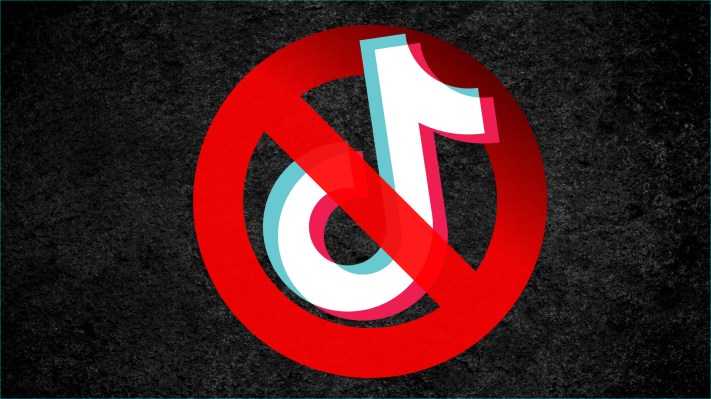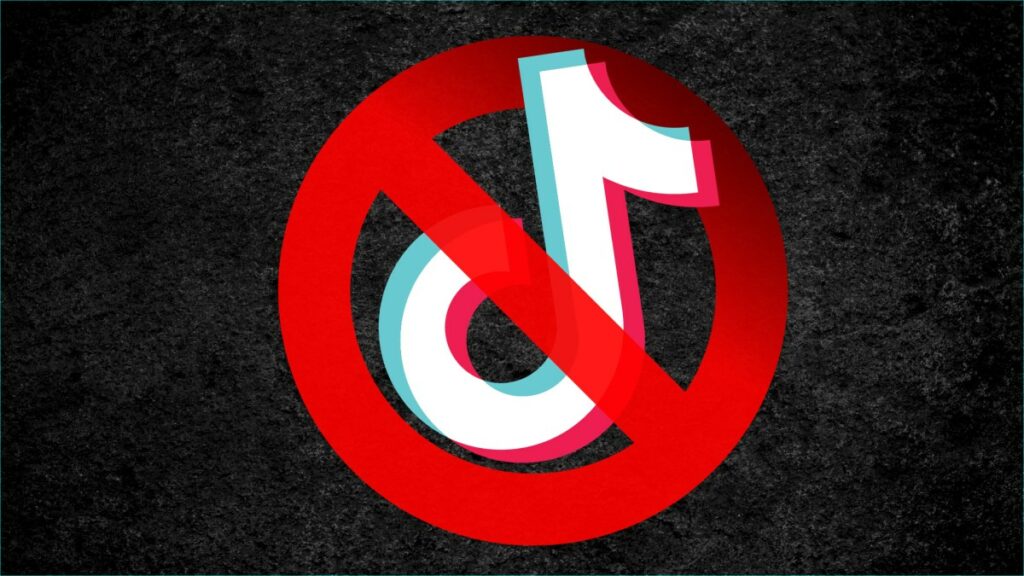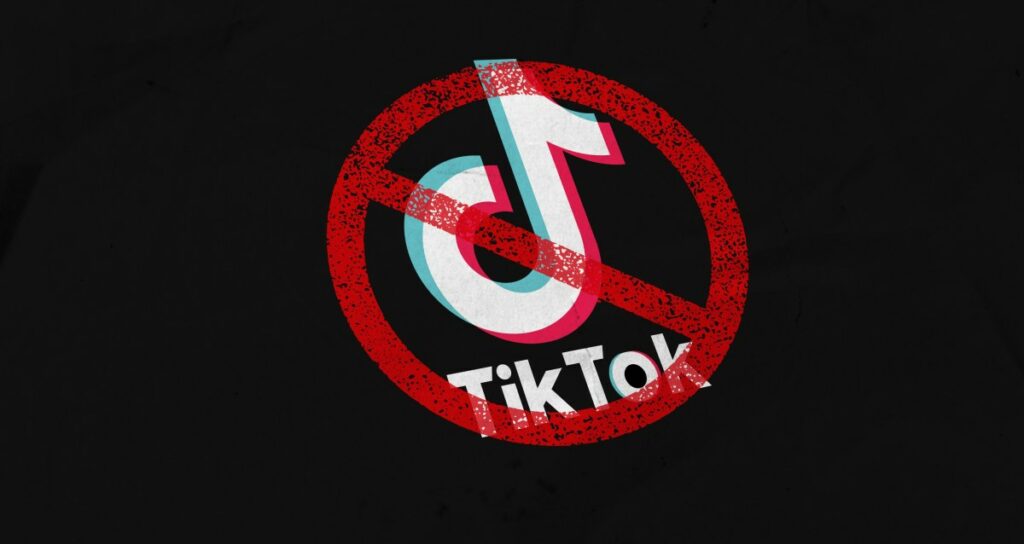
President Biden has signed a bill that would ban TikTok if its Chinese parent company, ByteDance, fails to sell it within a year. The bill, which includes aid for Ukraine and Israel, was passed by the U.S. Senate in a 79-18 vote late Tuesday after the House passed it with overwhelming majority over the weekend.
The bill gives ByteDance nine months to divest TikTok, with a 90-day extension available to complete a deal. If ByteDance doesn’t sell TikTok, it would become illegal for app stores to distribute the app in the U.S.
In an emailed statement to TechCrunch, TikTok said it would challenge the “unconstitutional law” in court.
“We believe the facts and the law are clearly on our side, and we will ultimately prevail,” the statement reads. “The fact is, we have invested billions of dollars to keep U.S. data safe and our platform free from outside influence and manipulation. This ban would devastate 7 million businesses and silence 170 million Americans. As we continue to challenge this unconstitutional ban, we will continue investing and innovating to ensure TikTok remains a space where Americans of all walks of life can safely come to share their experiences, find joy, and be inspired.”
TikTok CEO Shou Zi Chew shared his own video response on Wednesday, calling the news “a disappointing moment” and stating that TikTok “will keep fighting.”
Back in March, the House passed a similar standalone bill to ban TikTok or force its sale within six-months time, but the Senate never took that bill up. This time, the House packaged the TikTok bill with foreign aid to U.S. allies, which essentially forced the Senate to make a decision.
TikTok has spent the last few months arguing that its platform is essential for creators and small businesses in the United States. A few weeks ago, the company released an economic impact report revealing that TikTok generated $14.7 billion for small to mid-sized companies in the U.S.
The ban would not be a first for TikTok. Four years ago, India banned the app following a military battle along the India-China border, and both Google and Meta quickly seized the opportunity to capture both local creators and TikTok users via their respective copycat products, YouTube Shorts and Instagram’s Reels.
Numerous other countries also banned the service, including Senegal, Nepal, Afghanistan, Somalia and Iran.


